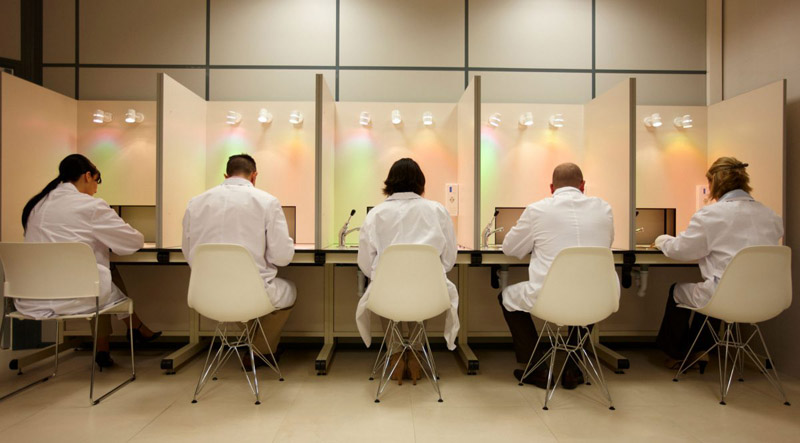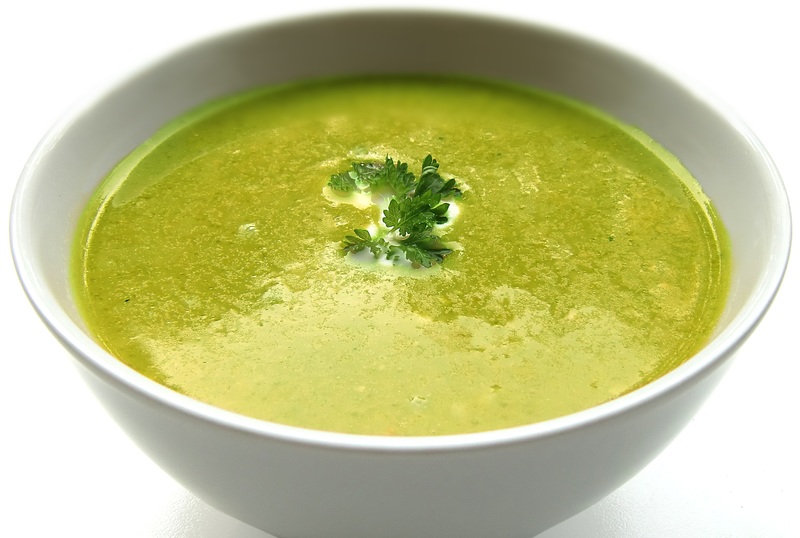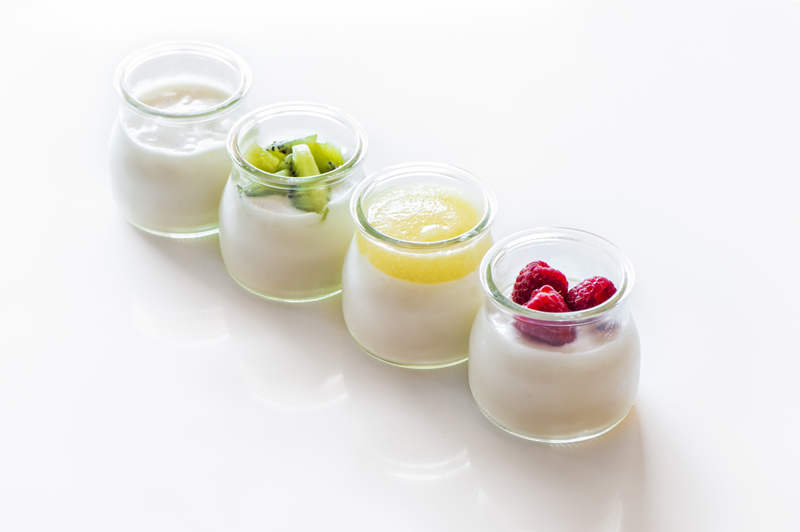Sensory analysis
Building on consumer and user preferences
Sensory analysis is an essential tool in the design of the food of the future adapted to the specific nutritional, sensory and emotional needs of each person, and in accordance with sustainable development principles. We have a sensory laboratory with the most advanced sensory analysis methods, as well as the statistical tools necessary to conduct research in the consumer field.
We work with expert panelists, restaurateur and consumer panels, to conduct different research aimed at the needs of companies in the fields of quality, innovation, sales or marketing.
Our work involves:
- Defining the sensory profiles of products;
- Studying the degree of acceptance of products before market launching.
- Identifying the impact of a change in the formula or manufacturing technology on the sensory quality of the product, and analysing whether the consumer is sensitive to these changes or not.
- Determining whether a product meets the sensory quality specifications demanded by Law, defined by a client or established as corporate internal requirements.
- Studying the real-time evolution of the sensory characteristics of a product under specific conservation conditions (product sensory shelf-life).
- Measuring the degree of product acceptance, preference and purchase intent by the target consumer, both in face-to-face (at AZTI laboratories or home delivery of products) as well as on-line studies.
- Creating product maps, cross referencing data from expert panels and consumers, identifying the preference variables of products and comparing them with other products on the market.
The AZTI laboratory has the most advanced sensory analysis methods, as well as the statistical tools and procedures required to boost studies in new product development and quality control areas.
Índice de contenidos
Sensory studies
- New product development: setting up product sensory profiles and measurement of degree of acceptance of new products before launching them on the market.
- Formulation and process optimisation and product reformulations: determining the effect of a formula or production technology change in the sensory quality of a product, and studying if the consumer is able to notice the change and if it provides them with added value.
- Sensory quality control: determination of product compliance with the sensory quality specifications required by law, by the customer (e.g. suppliers to large distributors) or internal company requirements.
- Shelf-life studies: study on the real time evolution of the sensory characteristics of a product under specific conservation conditions (product sensory shelf-life).
- Smell-flavour defects: determination of the product smell-flavour profile and research on the existence or appearance of smell-flavour defects in ingredients, raw materials and the end product.
Consumer studies
- Acceptability, preference and purchase intention: measuring the acceptance, preference and purchase intention degree of products among target consumers.
- Home Use Test: home product delivery and measurement of the degree of acceptance, preference and purchase intention under real consumption conditions.
- Benchmarking (Customer vs Competitors): Is the consumer able to differentiate our product? Do they prefer it to the competition’s products? Why?
- Consumer habits, needs and expectations: studying consumer habits and expectations of a specific product in order to design new products adapted to the consumers’ requirements. Context and emotions: studying the affect of context on how the product is accepted, and the emotions that it generates for the target consumer.
Proven capability
- AZTI plays an active role in the Sensory Analysis Technical Committee (CTN/87: Sensory Analysis)
- External advisor to the AENOR certification committee for the Serrano Ham Traditional Speciality Guarantee (ETG).
- Participates in several sensory analysis working groups for the Ministry of Agriculture, Fisheries and Food, for foods such as beef and honey.
Our experience
- Benchmarking with companies in the national and regional food sector on a wide variety of products: snacks, coffee, chocolate, fruit, vegetables, beverages, pâtés, ready meals, yoghurt, ice creams, cheeses, wines, sauces, etc.
- Consumer acceptability, preference and purchase intent studies on a wide variety of products with companies on a European, national and regional level: ready meals, chocolate, coffee, cider, wines, canned fish products, pastries, etc.
- Studies on consumer habits, expectations and needs for specific population groups on a European, national and regional level.
- Research on sensory perception changes for specific population groups.
- Study on the influence of context and emotions on sensory perception.
- Support to develop new products and optimise formulations and processes.
- Tasting panels trained in texture profiles (ISO 11036:1994) to develop new products with novel textures.
- Tasting panels trained in flavour profiles (ISO 6564:1985) to determine flavour profiles and detect flavour defects in various products.
- Basic sensory training for sommeliers and winemakers.
- Sensory quality control for diverse products in the food sector: dairy products, fishery products, snacks, etc.
- Shelf-life studies for a wide range of products: sauces, snacks, aromas, wine, cider, baked goods/pastry, vegetables, ready meals, etc.









